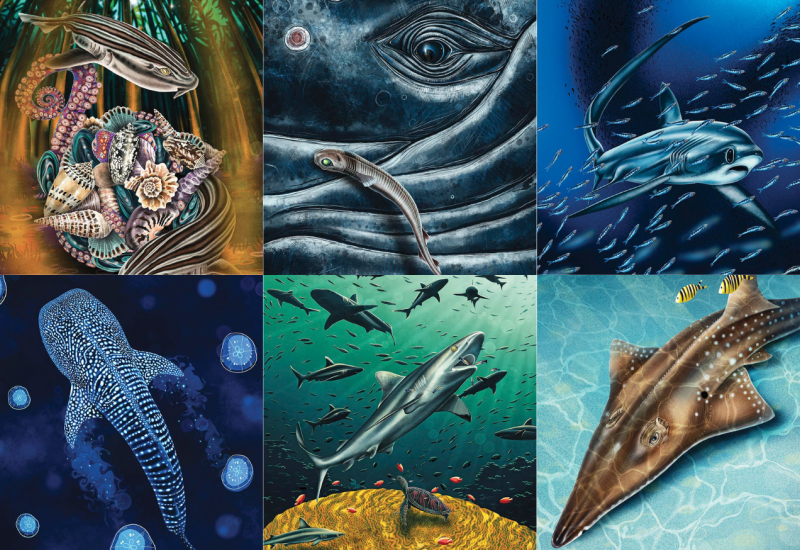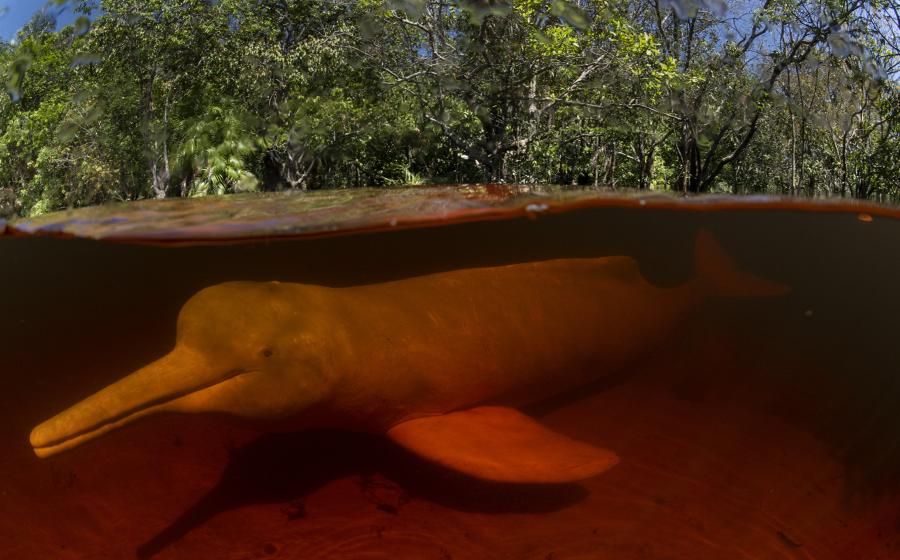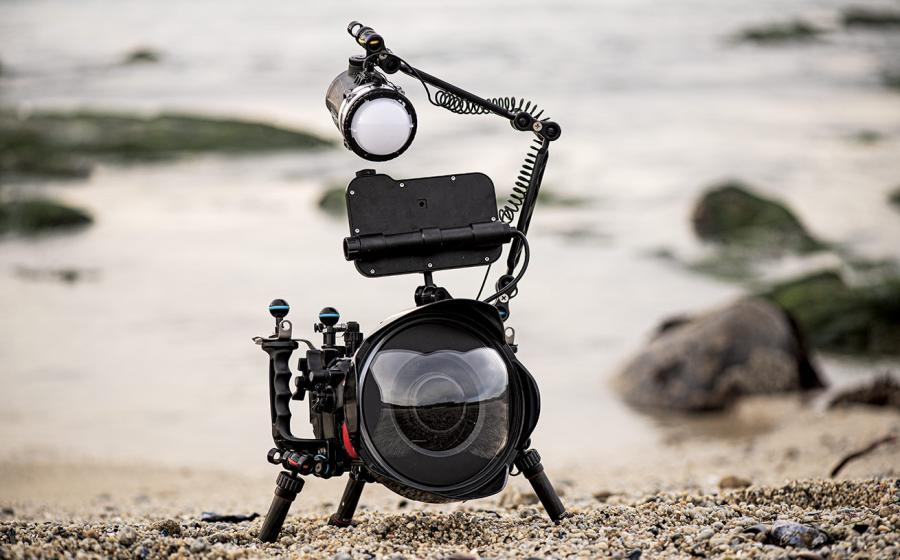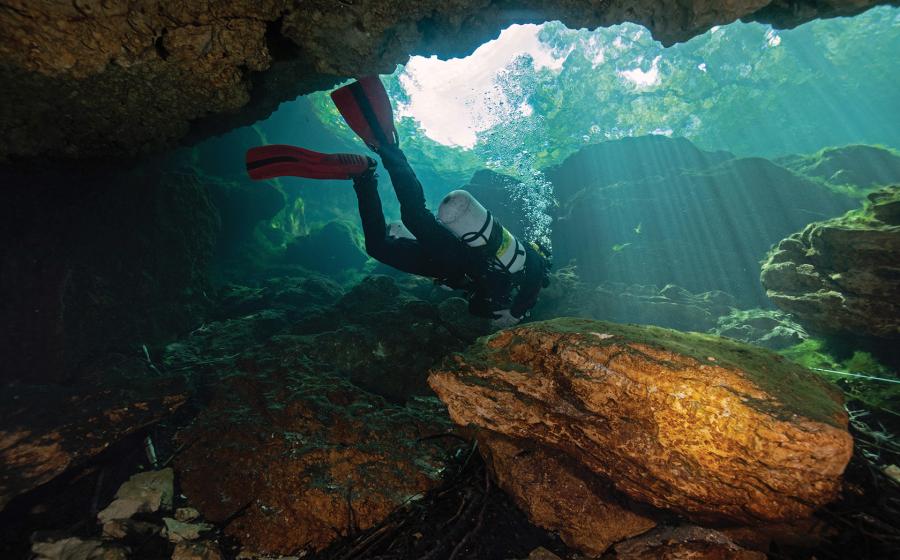How Scientific Principles are Affected by Water
The underwater world has a strange effect on things, from human bladders to wavelengths of light.
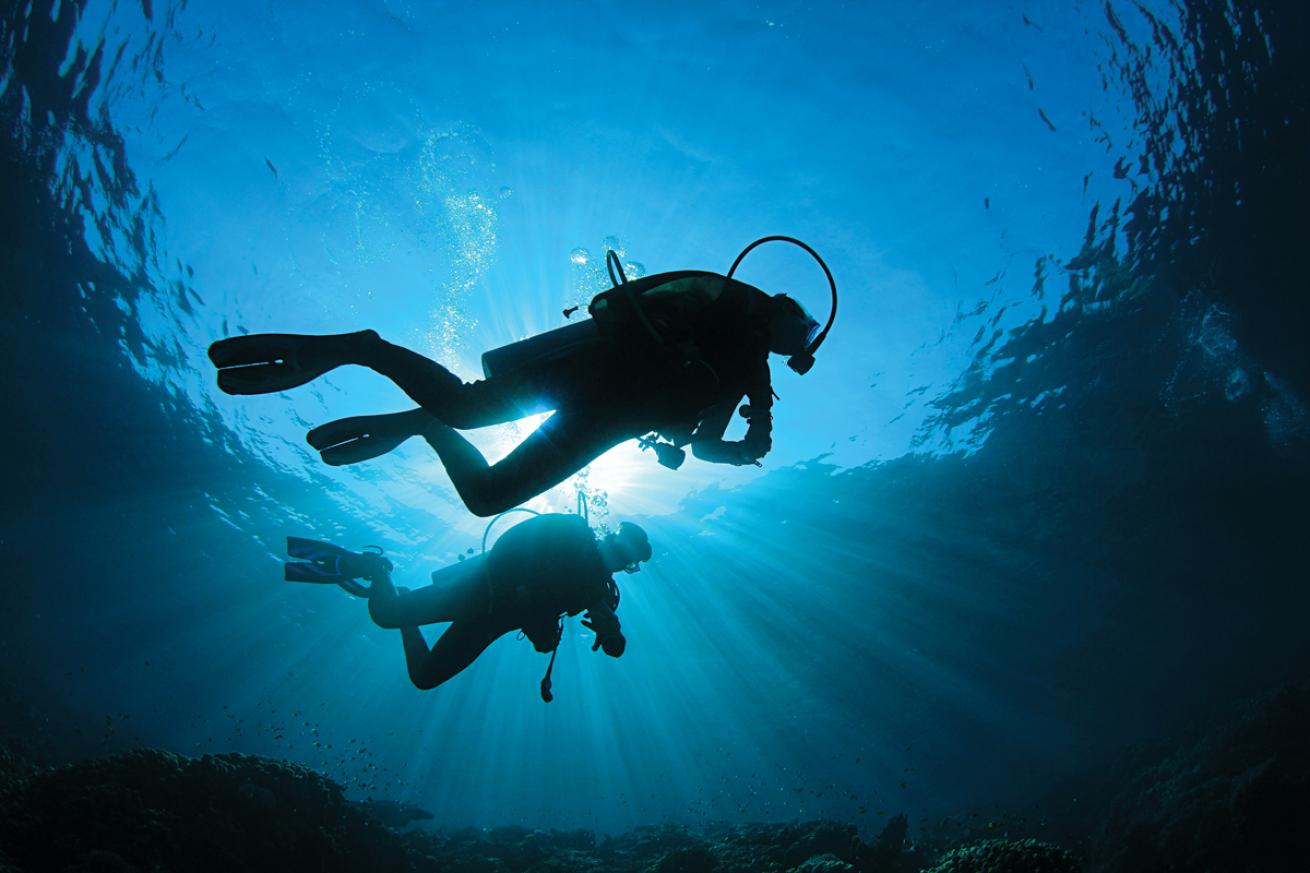
iStockDid you know? Everyone feels the need to pee more underwater.
When people say it’s a different world underwater, they’re not kidding. We’ve learned a lot about how several scientific principles are affected by water — here are a few of the most notable.
You’ll Hear It before You See It
While light is essentially dampened underwater, sound actually travels about five times more quickly in the ocean than the air. Now, how far that sound travels depends on a variety of factors, including weather conditions and water pressure. But, because of the speed at which sound travels, it’s also more difficult to determine where it’s coming from.
Things Look a Little Different
Water is nearly 800 times more dense than air, and it absorbs light in ways that air simply doesn’t. Because of this, things look less vibrant the deeper you go — just a warning, your first underwater photos will probably turn out a little blue. Different wavelengths of ambient light are absorbed — and basically disappear — as you descend, with red going first, followed by orange and yellow. By the time you get to 100 feet, blue is the predominant color being reflected.
Diving Can Get You (Sort of) Drunk
If you hear a diver talk about getting narced, they’re probably referring to nitrogen narcosis — that, or someone has ratted them out to the police. The former is the phenomenon that occurs when you breathe compressed air that is changing under great pressure. As you descend — the effects of narcosis are typically felt around 100 feet — the partial pressure of nitrogen in your tank increases, causing you to dissolve more nitrogen in your blood. The effect: an altered mental state that affects everyone differently, but is most typically compared with drunkenness — hence its nickname, “the martini effect.”
It’s Really Hard to Hold It
You’re not alone — everyone feels the need to pee more often underwater. It’s a matter of science. When you immerse yourself in water, the blood vessels in your extremities become more narrow. When this happens, blood flows from your legs and arms to your core. Your body senses this increase and lets your kidneys know that it’s time to get rid of that extra fluid. Not to mention the fact that your body will naturally produce urine as a response to feeling cold.

